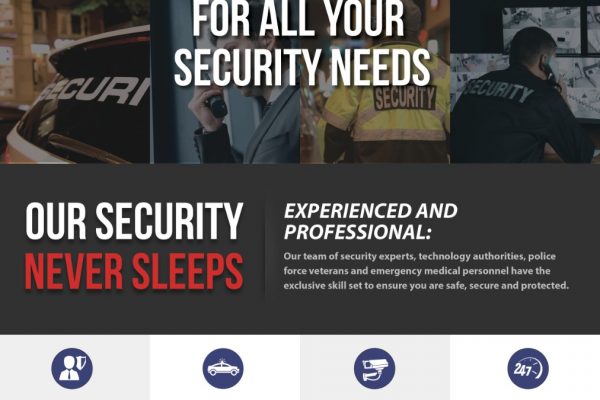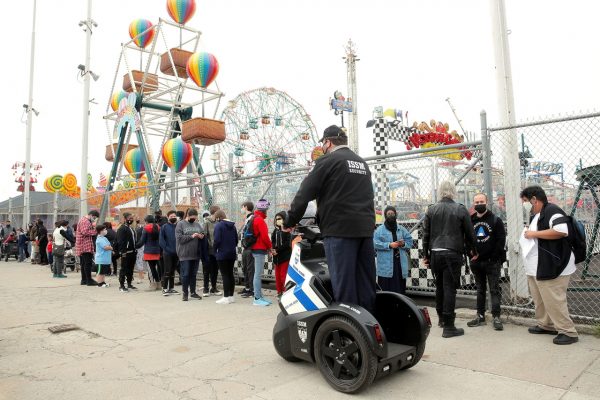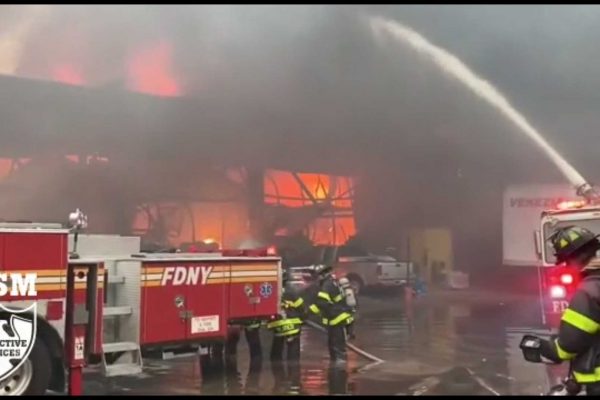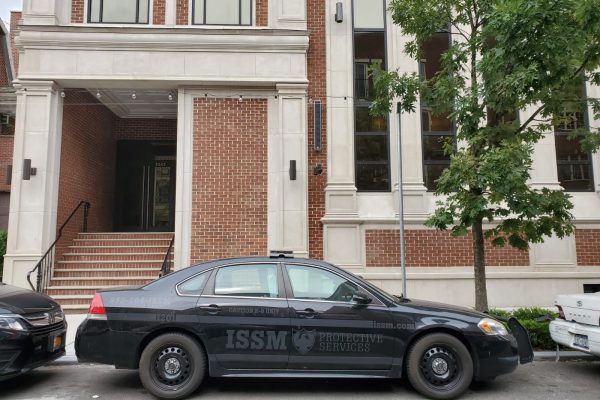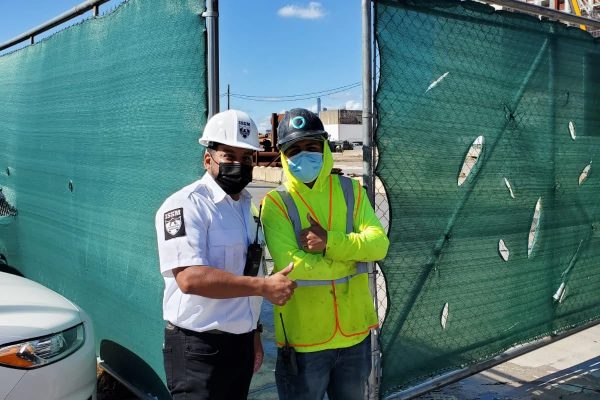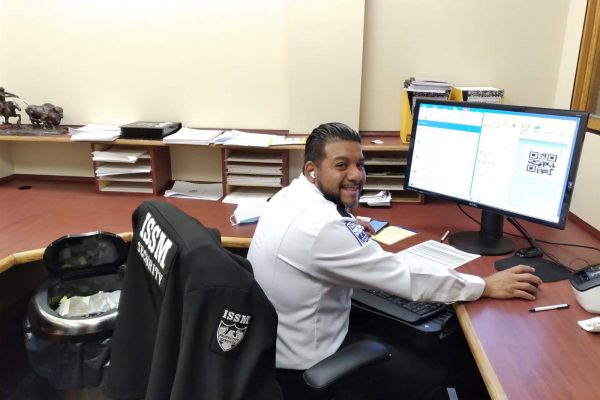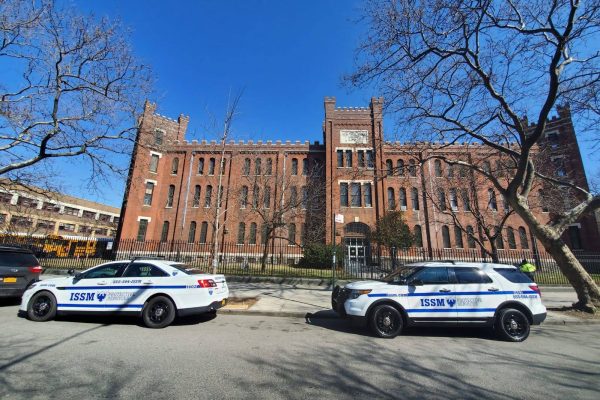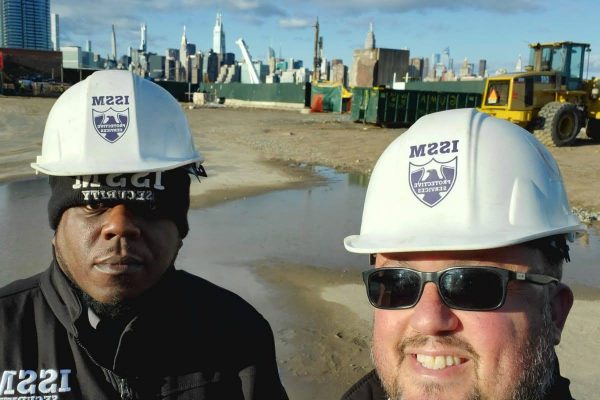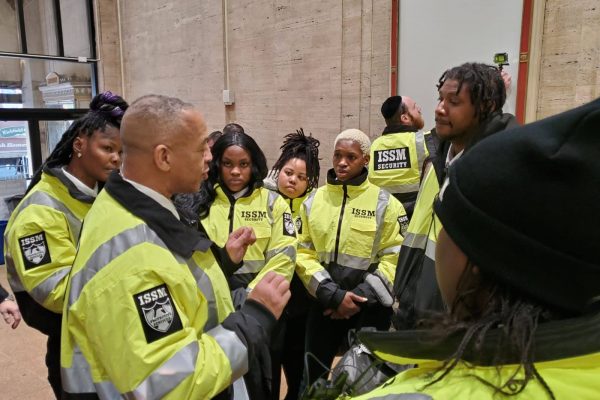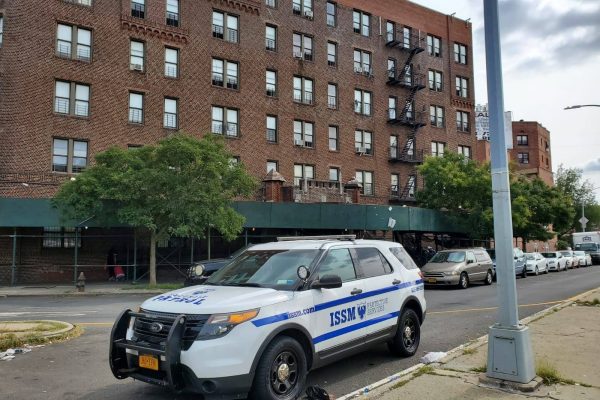The Affordable Care Act (ACA) provides more people with healthcare coverage, making them more likely to access care. This translates into higher intake numbers at medical care centers, from private clinics to large-scale hospitals. Consequently, medical staffs are charged with heavier workloads that are already being redistributed – for example, nurse practitioners might write prescriptions instead of physicians. In some cases, tasks are even reassigned to security personnel, such as releasing bodies from morgues, or delivering vital test results for review. In addition, the more populated a facility gets, the riskier the security situation overall. Therefore, private security employees are being called up to increase their scope all around, even though budgets remain similar. Punctilious efficiency and impeccable professionalism are now more important than ever for security personnel working in medical facilities.
Here’s how private security personnel can assist in providing high-quality security for medical facilities.
1) Intake. Security staff can be trained to assess the severity of an emergency by simply looking at the visitor and perhaps asking a few questions. Visitors who appear to be in the gravest danger will be forwarded ahead for immediate patient medical assessment.
2) Crowd Control. Hospitals in general, and emergency rooms in particular, are havens for intruders. Security staff are trained to determine who is, and who is not, meant to enter the building or a particular department.
3) Terrorist Threats. Terrorist threats on hospitals are not unusual. This is because terrorists strive to draw a lot of attention from, and increase fear in the general population. A place of medical healing, therefore, is an ideal target for terrorists. Security staff works with local or national security services in preventing and/or handling such incidents.
4) General Violence. Unfortunately, patients and their loved ones can lose their tempers, either while waiting for care, or by being unsatisfied with the care. These tempers sometimes turn to violence on the caretaker, or on other patients. A security team member would stop the violence in its tracks, and be a representative to police when necessary.
5) Theft. Medications and medical equipment are always at risk of being stolen, either by outsiders or via inside jobs. While processes are in place to help prevent medical theft, these processes might be skirted at any moment. Security staff is on hand to help deter, detect, and deal with any medical theft that might occur.
6) Risk of Abductions. Sometimes, a patient’s family member, private caretaker, or others who know them might try to kidnap them away from medical facilities. In addition, the maternity ward is at risk of baby stealing. On a normal basis, security personnel are adept at making sure all patients who leave the premises have release papers. But what about skilled abductors who can disguise patients to look like general visitors? Or what about forged release papers? Again, private security personnel are the staff to prevent medical facility kidnappings.
ISSM offers several models of security management protocols for medical facilities to follow. In addition, ISSM provides installation for digital panic alarms, video surveillance, and intrusion detection. We also integrate with any medical facility’s computerized management tools in order to produce the most comprehensive, unified plan for medical facility security. Call ISSM in order to set up an initial consultation appointment for your medical facility’s private security setup.

